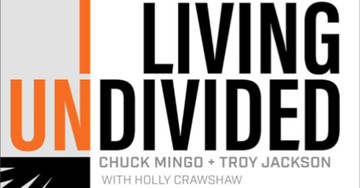
Millions of books are published each year in the area of religion, Christianity, and spirituality. It can be overwhelming when considering which Christian book to read and which authors to trust. Reading is a wonderful way to grow your faith through the inspiration and wisdom from mature Christians. It is our hope that this list of Christian books will help you in your search!
If you’re looking for guidance in your own life or a better understanding of the teachings of Jesus Christ, consider reading one (or more) of the brilliant works listed here. We’ve gathered this collection of the best Christian books of all time, including a variety of classic and modern books.
1. Pilgrim’s Progress by John Bunyan, 1678
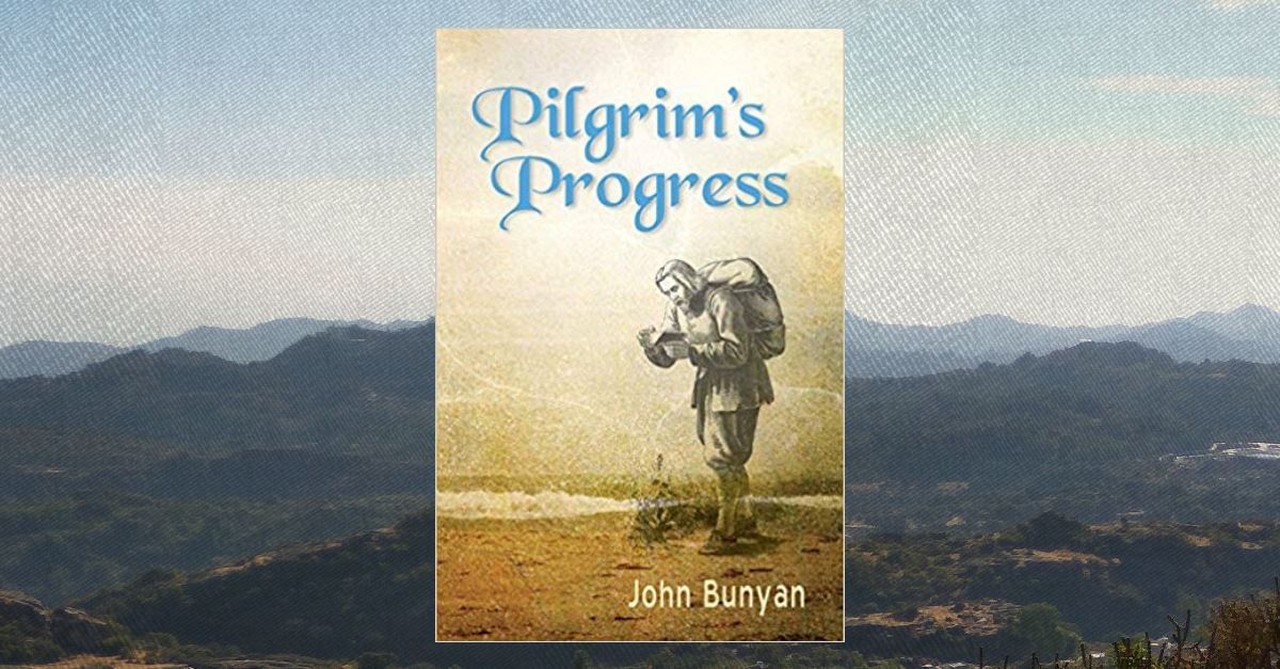
1. Pilgrim’s Progress by John Bunyan, 1678
SLIDE 1 OF 15
John Bunyan was a Christian minister. During his life, Anglican England oppressed anyone who was not in accordance with their church policies. John Bunyan, a dissenter, believed that submission to God and his morals was more significant than compliance with man’s rules. As a consequence of his convictions, he was jailed for more than a decade.
The spiritual journey of Bunyan inspired many profound revelations about faith and fellowship which led to the creation of the Pilgrim’s Progress. This is a go-to Christian book for understanding the power of faith.
Summary and Significance of Pilgrim's Progress
Pilgrim’s Progress is a symbolic story of spiritual importance and meaning. Rather than ignore this purpose, Bunyan thoughtfully describes the meaning of the book’s metaphorical events.
The story revolves around a man named Christian. His dilemma is the huge burden on his back (symbolically, the weight of sin). Bunyan reads in a book that he should leave his city, The City of Destruction, and seek another, the Celestial City. Christian begins a perilous journey to seek relief from his suffering and to find the Celestial City.
Pilgrim’s Progress is considered one of the greatest works of religious English literature. C.S. Lewis even wrote a notable sequel and English preacher C.H. Spurgeon read the book more than 100 times. Pilgrim’s Progress has been translated into more than 200 languages and read by millions of Christians over the last four centuries.
Also Read: 6 Powerful Lessons from The Pilgrim's Progress from iBelieve.com.
2. Basic Christianity by John Stott, 1958
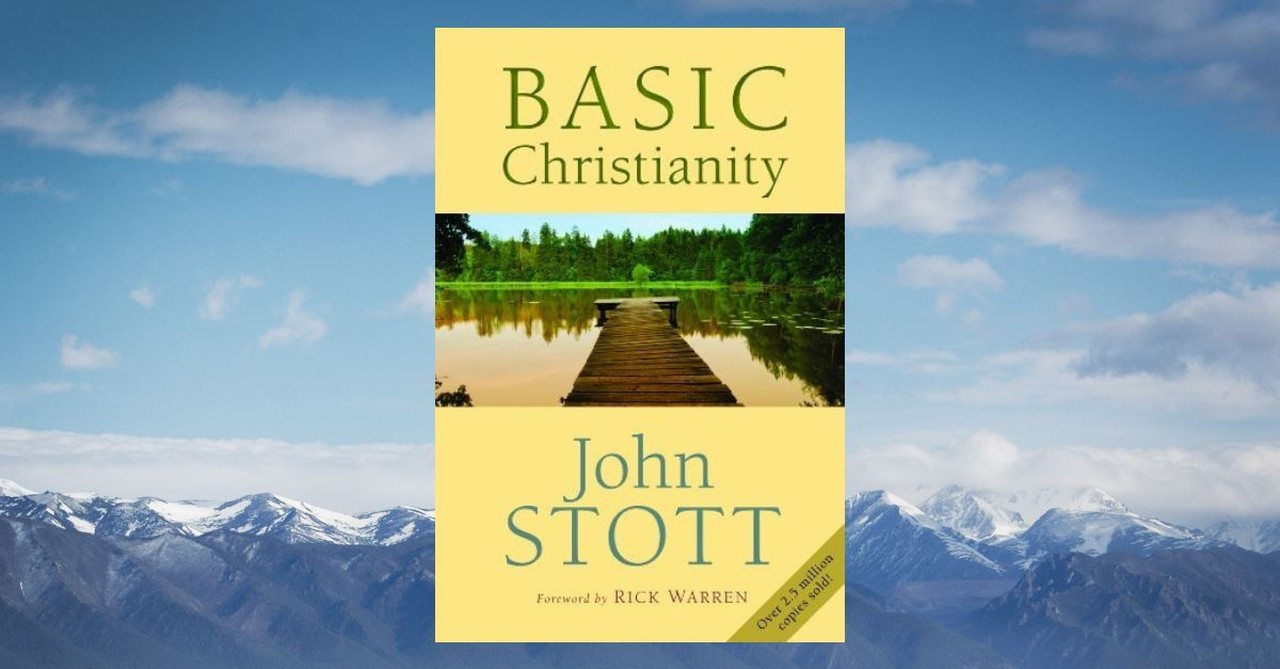
2. Basic Christianity by John Stott, 1958
SLIDE 2 OF 15
Who is Jesus? "If Jesus was not God in human flesh, Christianity is exploded," writes John Stott. "We are left with just another religion with some beautiful ideas and noble ethics; its unique distinction has gone. "If Jesus is not who he said he was, and if he did not do what he said he had come to do, the whole superstructure of Christianity crumbles in ruins to the ground. Is it plausible that Jesus was truly divine? And what might this mean for us? John Stott's clear, classic statement examines the historical facts on which Christianity stands.
Also Read: John Stott on Stewardship: Ten Principles of Christian Giving
3. Paradise Lost by John Milton, 1667
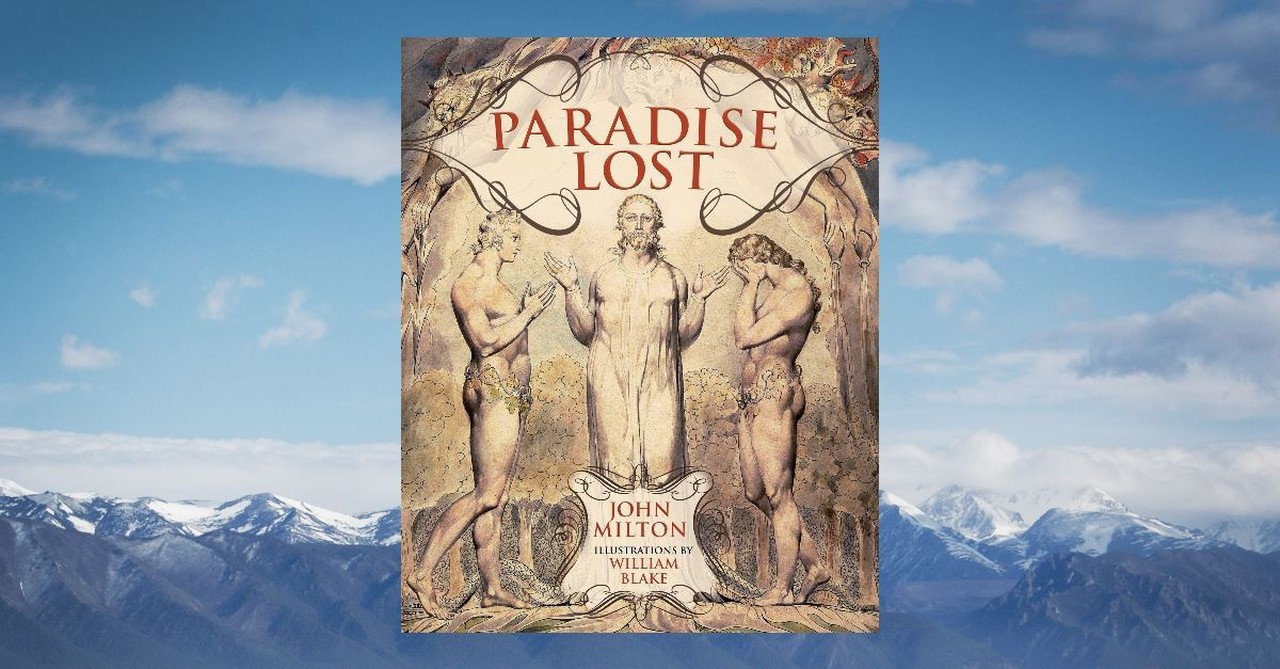
3. Paradise Lost by John Milton, 1667
SLIDE 3 OF 15
John Milton's celebrated epic poem exploring the cosmological, moral and spiritual origins of man's existence.
In Paradise Lost Milton produced a poem of epic scale, conjuring up a vast, awe-inspiring cosmos and ranging across huge tracts of space and time, populated by a memorable gallery of grotesques. And yet, in putting a charismatic Satan and naked, innocent Adam and Eve at the center of this story, he also created an intensely human tragedy on the Fall of Man. Written when Milton was in his fifties - blind, bitterly disappointed by the Restoration and in danger of execution - Paradise Lost's apparent ambivalence towards authority has led to intense debate about whether it manages to 'justify the ways of God to men', or exposes the cruelty of Christianity.
Also Read: Are Demons Real and What Power Do They Have Today?
4. Shorter Summa by St. Thomas Aquinas
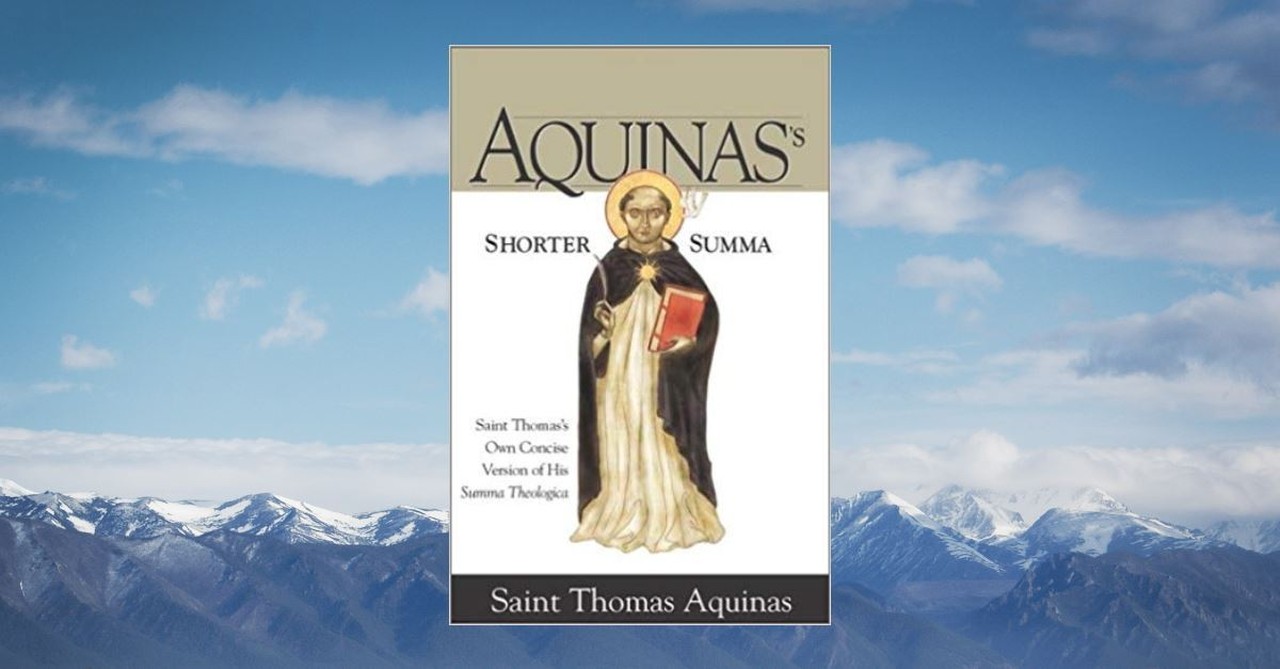
4. Shorter Summa by St. Thomas Aquinas
SLIDE 4 OF 15
Saint Thomas's Own Concise Version of His Summa Theologica
Two years before he died, St. Thomas Aquinas probably the greatest teacher the Church has ever known was asked by his assistant, Brother Reginald, to write a simple summary of the Faith of the Catholic Church for those who lacked the time or the stamina to tackle his massive Summa Theologica.
In response, the great saint quickly set down in language that non-scholars can understand his peerless insights into the major topics of theology: the Trinity, Divine Providence, the Incarnation of Christ, the Last Judgment, and much more.
Also Read: What Is Theology & Why Is it Important?
5. Knowing God by J. I. Packer, 1973
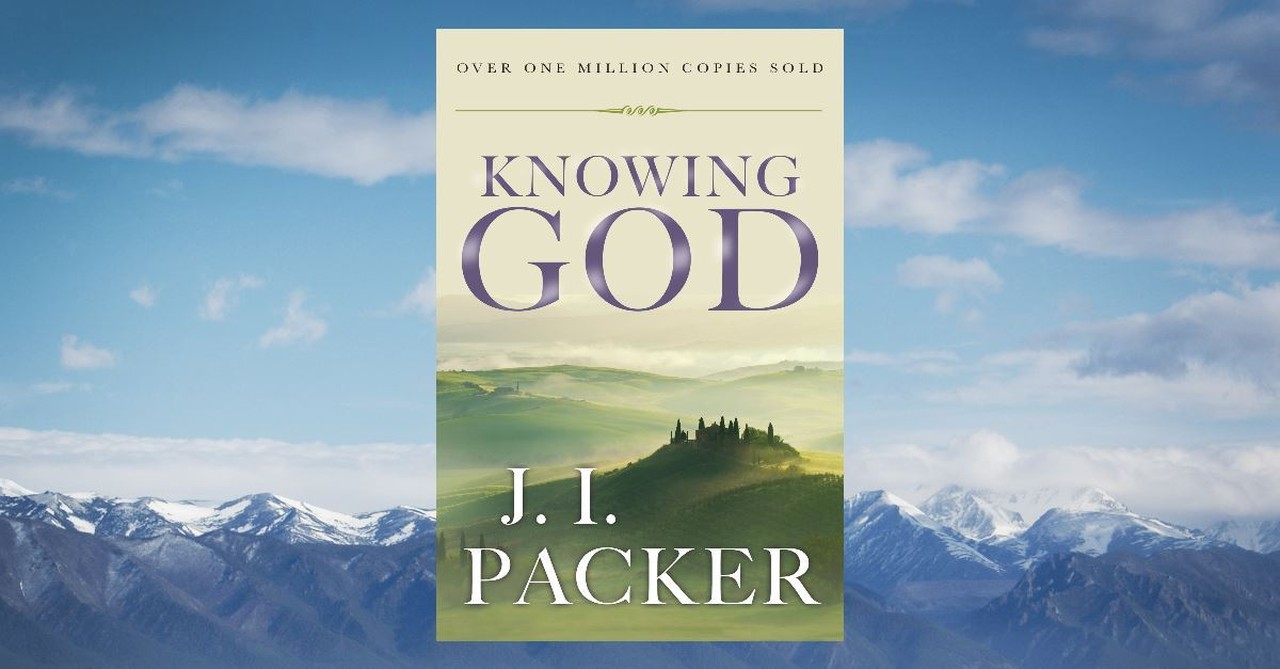
5. Knowing God by J. I. Packer, 1973
SLIDE 5 OF 15
For over 40 years, J. I. Packer's classic has been an important tool to help Christians around the world discover the wonder, the glory and the joy of knowing God. In 2006, Christianity Today voted this title one of the top 50 books that have shaped evangelicals. This edition is updated with Americanized language and spelling and a new preface by the author. Stemming from Packer's profound theological knowledge, Knowing God brings together two important facets of the Christian faith― knowing about God and also knowing God through the context of a close relationship with the person of Jesus Christ.
Written in an engaging and practical tone, this thought-provoking work seeks to transform and enrich the Christian understanding of God. Explaining both who God is and how we can relate to him, Packer divides his book into three sections: The first directs our attention to how and why we know God, the second to the attributes of God and the third to the benefits enjoyed by a those who know him intimately. This guide leads readers into a greater understanding of God while providing advice on gaining a closer relationship with him as a result.
Also Read: J.I Packer's Christian Journey--and Ours: Knowing God
6. The Cost of Discipleship by Dietrich Bonhoeffer, 1937
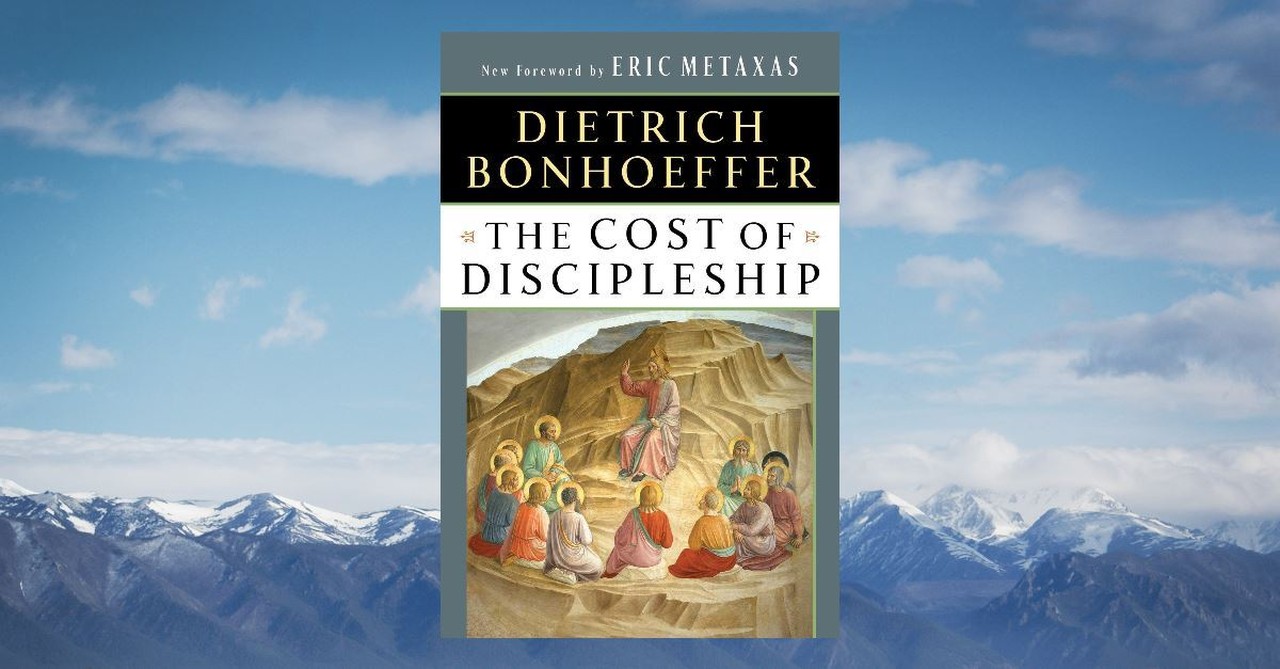
6. The Cost of Discipleship by Dietrich Bonhoeffer, 1937
SLIDE 6 OF 15
One of the most important theologians of the twentieth century illuminates the relationship between ourselves and the teachings of Jesus.
What can the call to discipleship, the adherence to the word of Jesus, mean today to the businessman, the soldier, the laborer, or the aristocrat? What did Jesus mean to say to us? What is his will for us today? Drawing on the Sermon on the Mount, Dietrich Bonhoeffer answers these timeless questions by providing a seminal reading of the dichotomy between "cheap grace" and "costly grace." "Cheap grace," Bonhoeffer wrote, "is the grace we bestow on ourselves...grace without discipleship...Costly grace is the gospel which must be sought again and again, the girl which must be asked for, the door at which a man must know...It is costly because it costs a man his life, and it is grace because it gives a man the only true life."
The Cost of Discipleship is a compelling statement of the demands of sacrifice and ethical consistency from a man whose life and thought were exemplary articulations of a new type of leadership inspired by the Gospel, and imbued with the spirit of Christian humanism and a creative sense of civic duty.
Also Read: 20 Influential Quotes by Dietrich Bonhoeffer
7. Mere Christianity by C.S. Lewis, 1952

7. Mere Christianity by C.S. Lewis, 1952
SLIDE 7 OF 15
C.S. Lewis was a Christian writer and apologist, famously known for his series The Chronicles of Narnia. Lewis is one of the most influential Christian thinkers of modern times.
Lewis’s condensed work, Mere Christianity, explains the basics of the Christian faith. Lewis first illustrates the situation of the entire universe, then describes doctrine-by-doctrine what Christians believe. He doesn’t refrain from describing and defending Christian practice and goes in-depth on many of the more bewildering concepts such as the Trinity.
Mere Christianity lays out the basics of Christian life in plain language with powerful reasons. In Christianity Today’s “Most Influential Books” survey from 2000, Mere Christianity was nominated more times than any other book. Expressions and sections from the book have had a massive impact on Christian music and writings.
Also Read: Even C.S. Lewis Doubted
8. Orthodoxy by G. K. Chesterton, 1908
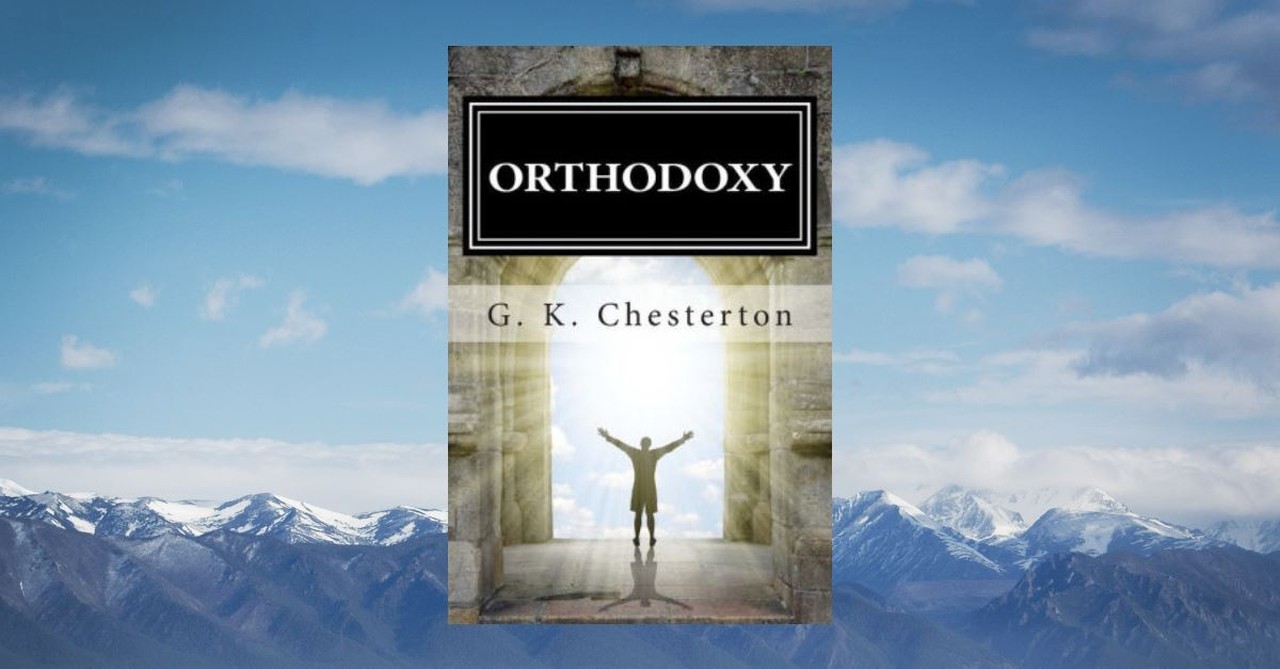
8. Orthodoxy by G. K. Chesterton, 1908
SLIDE 8 OF 15
Orthodoxy is a book by G. K. Chesterton that has become a classic of Christian apologetics. Chesterton considered this book a companion to his other work, Heretics. In the book's preface, Chesterton states the purpose is to "attempt an explanation, not of whether the Christian Faith can be believed, but of how he personally has come to believe it." In it, Chesterton presents an original view of the Christian religion. He sees it as the answer to natural human needs, the "answer to a riddle" in his own words, and not simply as an arbitrary truth received from somewhere outside the boundaries of human experience.
9. The Confessions of St. Augustine, 4th Century
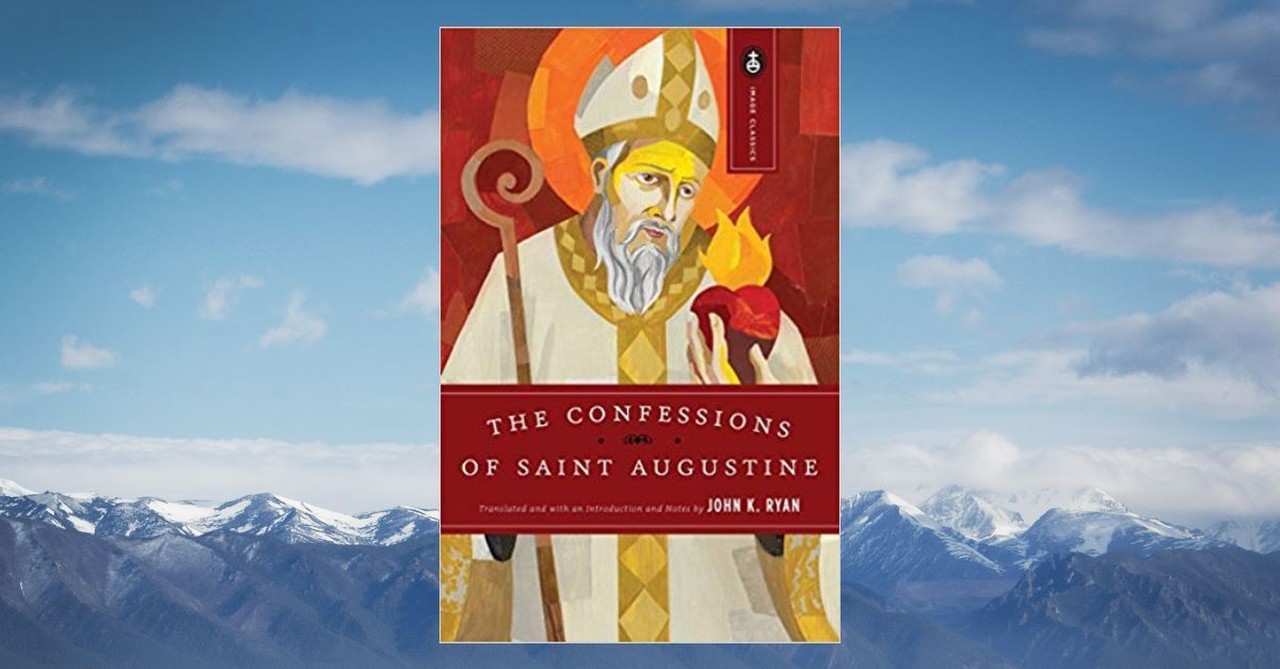
9. The Confessions of St. Augustine, 4th Century
SLIDE 9 OF 15
The Confessions of Saint Augustine has captivated readers for more than fifteen hundred years. Retelling the story of his long struggle with faith and ultimate conversion -- the first such spiritual memoir ever recorded -- Saint Augustine traces a story of sin, regret, and redemption that is both deeply personal and, at the same time, universal.
Starting with his early life, education, and youthful indiscretions, and following his ascent to influence as a teacher of rhetoric in Hippo, Rome, and Milan, Augustine is brutally honest about his proud and ambitious youth. In time, his early loves grow cold and the luster of worldly success fades, leaving him filled with a sense of inner absence, until a movement toward Christian faith takes hold, eventually leading to conversion and the flourishing of a new life. Philosophically and theologically brilliant, sincere in its feeling, and both grounded in history and strikingly contemporary in its resonance, The Confessions of Saint Augustine is a timeless classic that will persist as long as humanity continues to long for meaning in life and peace of soul.
10. The Life and Diary of David Brainerd by David Brainerd, 1749
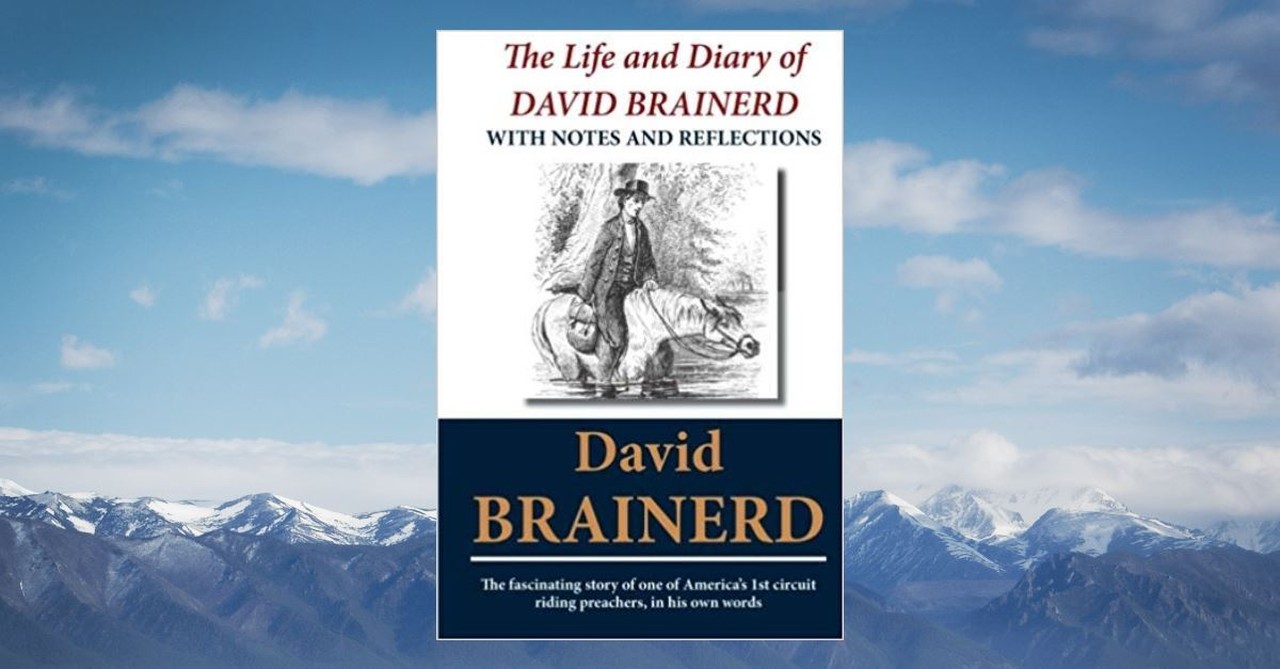
10. The Life and Diary of David Brainerd by David Brainerd, 1749
SLIDE 10 OF 15
David Brainerd was an American missionary to the Native Americans who had a particularly fruitful ministry among the Delaware Indians of New Jersey. During his short life, he was beset by many difficulties. As a result, his biography has become a source of inspiration and encouragement to many Christians. Much of Brainerd's influence on future generations can be attributed to the biography compiled by Jonathan Edwards and first published in 1749 under the title of An Account of the Life of the Late Reverend Mr. David Brainerd.
Edwards believed that a biography about Brainerd would have a great value and set aside the anti-Arminian treatise he was writing (later published as Freedom of the Will) in order to create one. The result was an edited version of Brainerd's diary, with some passages documenting Brainerd's despair removed. It gained immediate recognition, with eighteenth-century theologian John Wesley urging: 'Let every preacher read carefully over the Life of David Brainerd. The most reprinted of Edwards's books, it has never been out of print and has thus influenced subsequent generations, mainly because of Brainerd's single-minded perseverance in his work in the face of significant suffering.
Also Read: One Perspective That Will Change the Way You Live
11. The Divine Comedy by Dante Alighieri, 1320
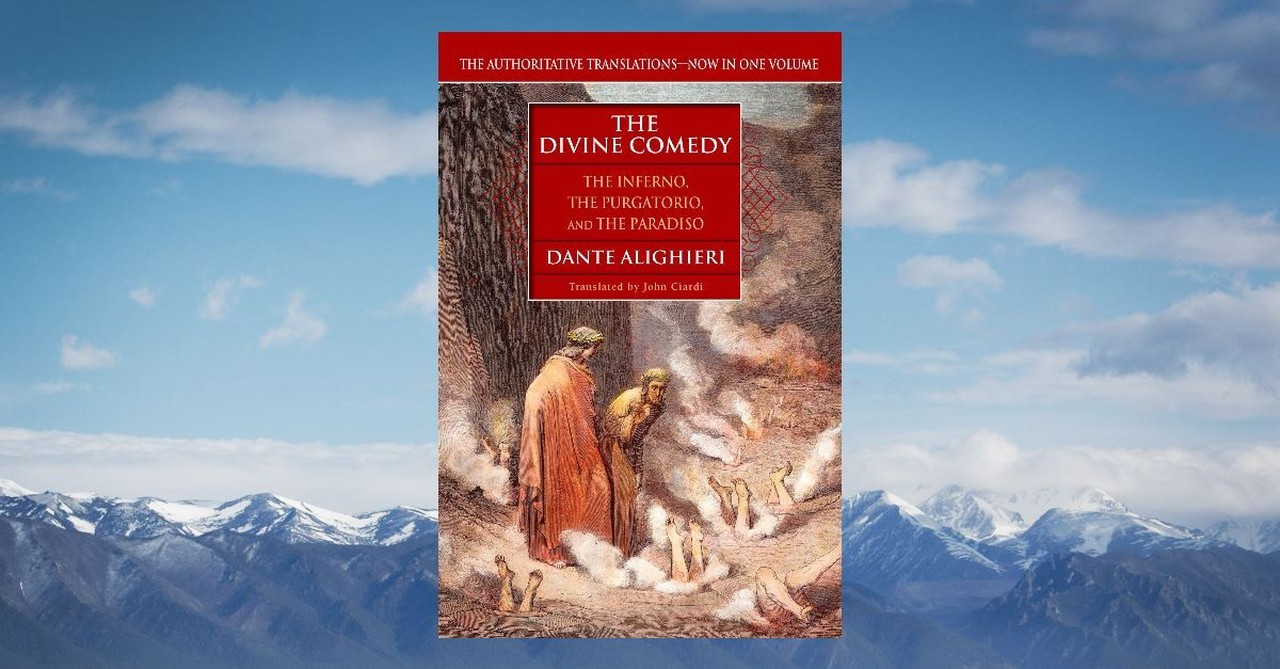
11. The Divine Comedy by Dante Alighieri, 1320
SLIDE 11 OF 15
Belonging in the immortal company of the great works of literature, Dante Alighieri’s poetic masterpiece, The Divine Comedy, is a moving human drama, an unforgettable visionary journey through the infinite torment of Hell, up the arduous slopes of Purgatory, and on to the glorious realm of Paradise—the sphere of universal harmony and eternal salvation.
Now, for the first time, John Ciardi’s brilliant and authoritative translations of Dante’s three soaring canticles—The Inferno, The Purgatorio, and The Paradiso—have been gathered together in a single volume. Crystallizing the power and beauty inherent in the great poet’s immortal conception of the aspiring soul, The Divine Comedy is a dazzling work of sublime truth and mystical intensity.
Also Read: What are the 7 Deadly Sins & How You Can Fight Them with Confidence
12. The Case for Faith by Lee Strobel, 2000
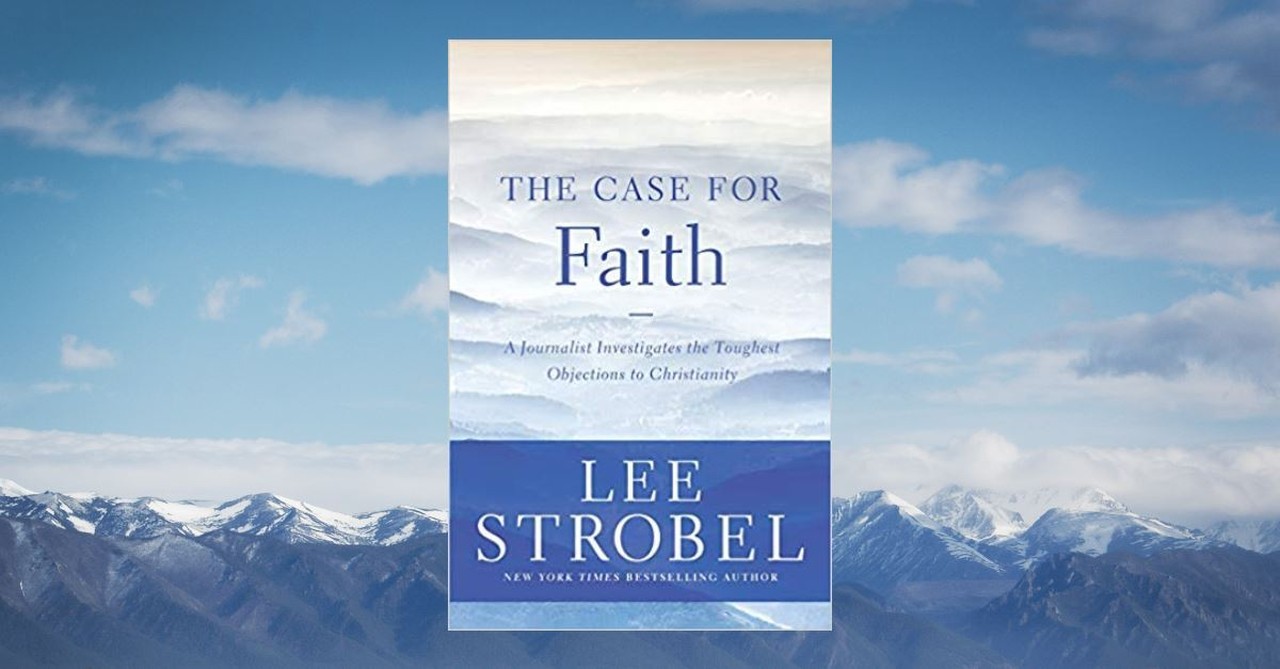
12. The Case for Faith by Lee Strobel, 2000
SLIDE 12 OF 15
In his #1 bestseller The Case for Christ, Lee Strobel examined the claims of Christ, reaching the hard-won verdict that Jesus is God’s unique son. In The Case for Faith, Strobel turns his skills to the most persistent emotional objections to belief―the eight “heart barriers” to faith. This Gold Medallion-winning book is for those who may be feeling attracted to Jesus but who are faced with difficult questions standing squarely in their path. For Christians, it will deepen their convictions and give them fresh confidence in discussing Christianity with even their most skeptical friends.
“Everyone―seekers, doubters, fervent believers―benefits when Lee Strobel hits the road in search of answers, as he does again in The Case for Faith. In the course of his probing interviews, some of the toughest intellectual obstacles to faith fall away.” -Luis Palau
13. The Purpose Driven Life by Rick Warren, 2002

13. The Purpose Driven Life by Rick Warren, 2002
SLIDE 13 OF 15
As one of the best-selling nonfiction books in history, with more than 34 million copies sold, and more than 70 translations available, The Purpose Driven Life is far more than just a book; it's the roadmap for your spiritual journey. A journey that will transform your life.
"Movie stars and political leaders aren't the only ones turning to Rick Warren for spiritual guidance. Millions of people - from NBA and LPGA players to corporate executives to high school students to prison inmates - meet regularly to discuss The Purpose Driven Life.” -Time
In The Purpose Driven Life you'll find the answers to three of life's most important questions:
- The Question of Existence: Why am I alive?
- The Question of Significance: Does my life matter?
- The Question of Purpose: What on earth am I here for?
14. More Than A Carpenter by Josh McDowell, 1977
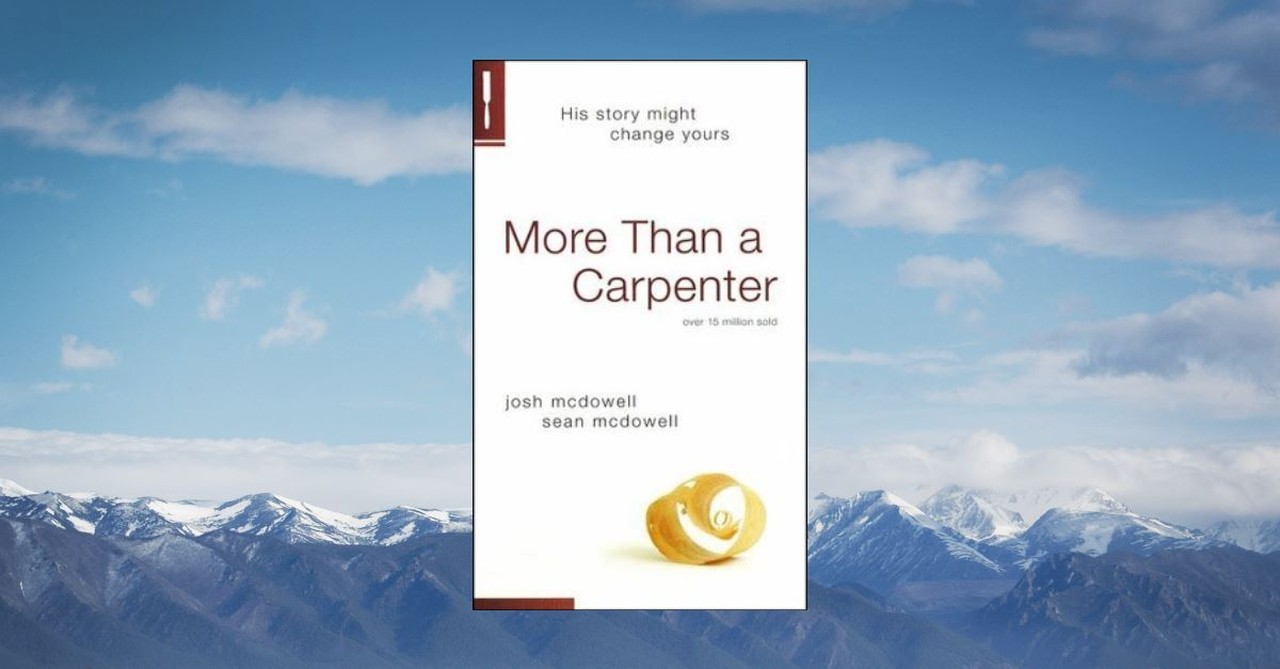
14. More Than A Carpenter by Josh McDowell, 1977
SLIDE 14 OF 15
The inspirational classic, More than a Carpenter, is now updated for a new generation of seekers with a fresh look, revised material, and a new chapter that addresses questions commonly raised today. Former skeptic Josh McDowell is now joined by his son Sean as they examine the evidence about Jesus. Is he really the Lord he claimed to be? How can we know for sure? More than a Carpenter offers arguments for faith from a skeptic turned believer.
Since its original publication in 1977, this modern classic has sold over 15 million copies, been translated into dozens of languages, and introduced countless people to the real Jesus. Now with new content that addresses questions raised by today's popular atheist writers.
15. The Reason for God: Belief in an Age of Skepticism by Timothy Keller, 2008
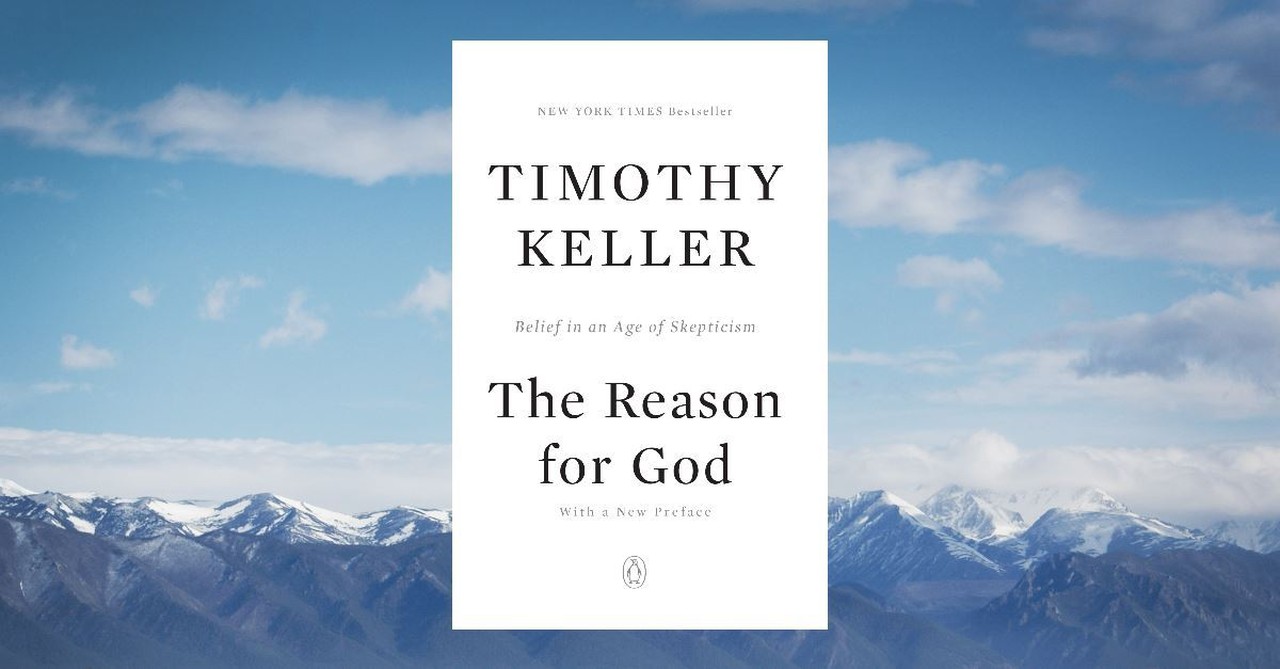
15. The Reason for God: Belief in an Age of Skepticism by Timothy Keller, 2008
SLIDE 15 OF 15
A New York Times bestseller people can believe in—by "a pioneer of the new urban Christians" (Christianity Today) and the "C.S. Lewis for the 21st century" (Newsweek).
Timothy Keller, the founding pastor of Redeemer Presbyterian Church in New York City, addresses the frequent doubts that skeptics, and even ardent believers, have about religion. Using literature, philosophy, real-life conversations, and potent reasoning, Keller explains how the belief in a Christian God is, in fact, a sound and rational one. To true believers he offers a solid platform on which to stand their ground against the backlash to religion created by the Age of Skepticism. And to skeptics, atheists, and agnostics, he provides a challenging argument for pursuing the reason for God.
Also Read: 30 Inspiring Christian Quotes
Originally published June 12, 2019.































